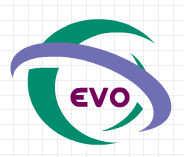REALize! is a free online EAL/ ESL professional development conference where teachers and educators participate, join, chat, learn and share their experiences for a day. There are 27 sessions to choose from. Please, check the schedule to know more about these sessions.
When:
It starts today January 24, 2014 from 8:30 AM - 5:00 PM CST



